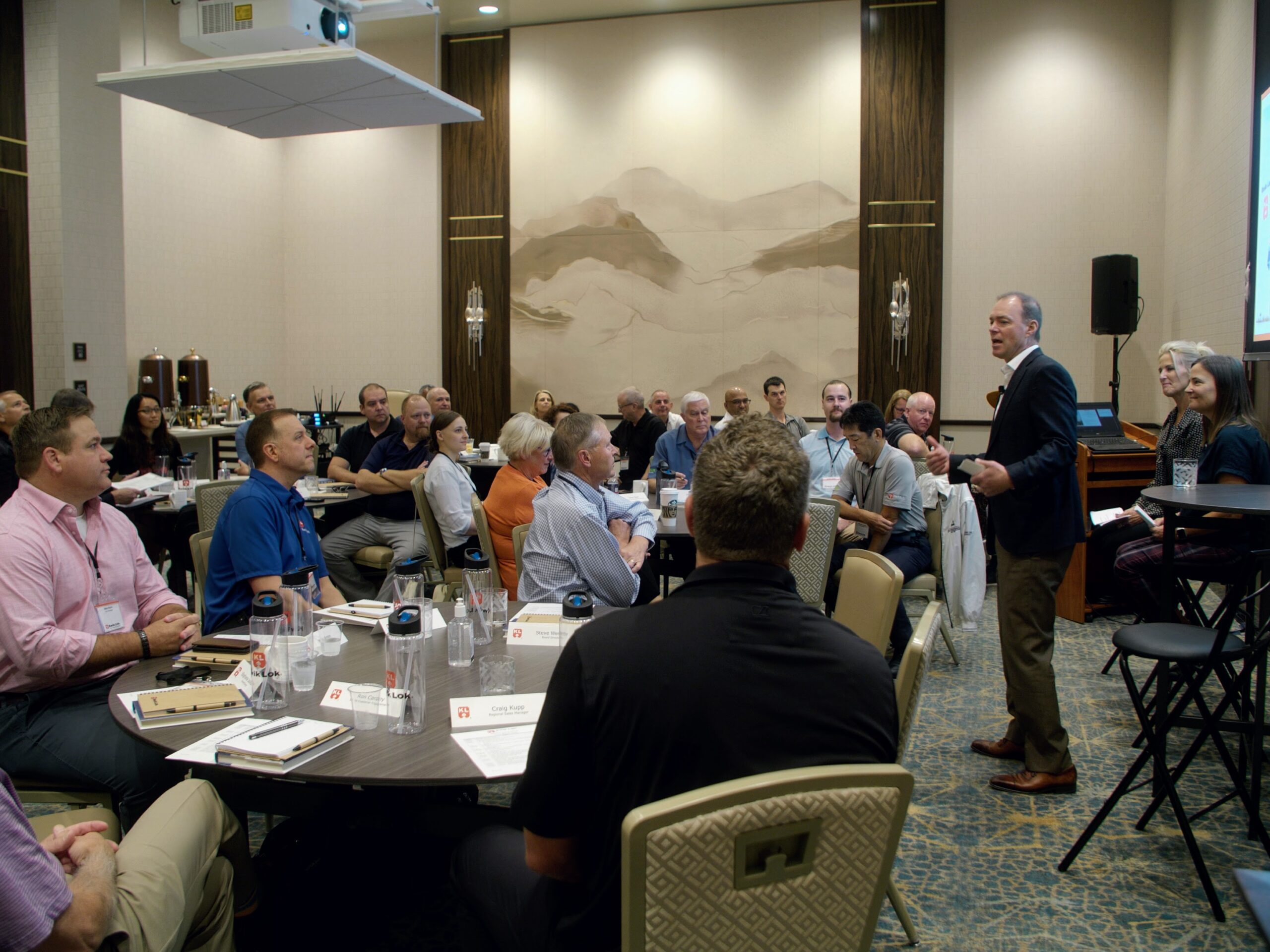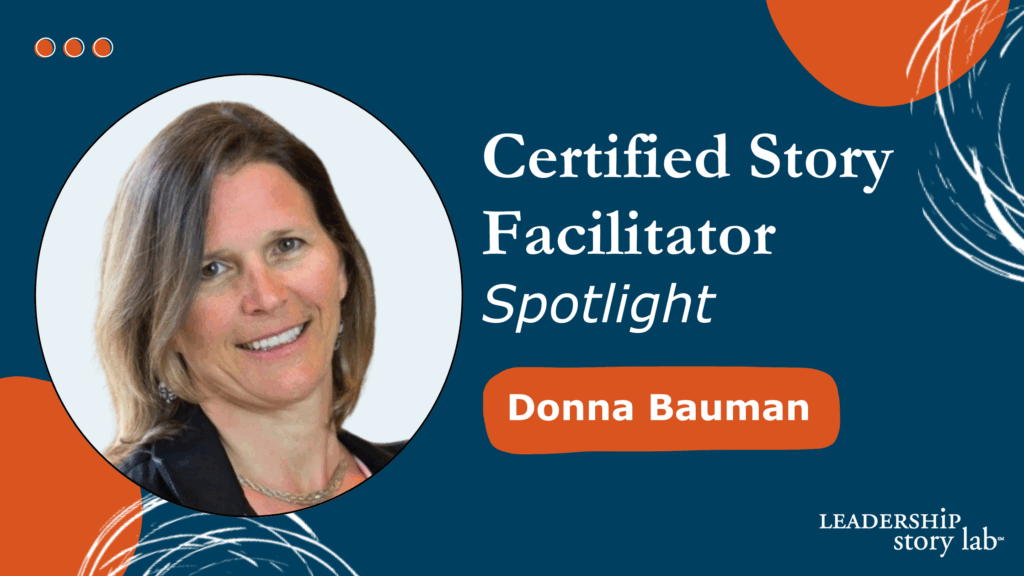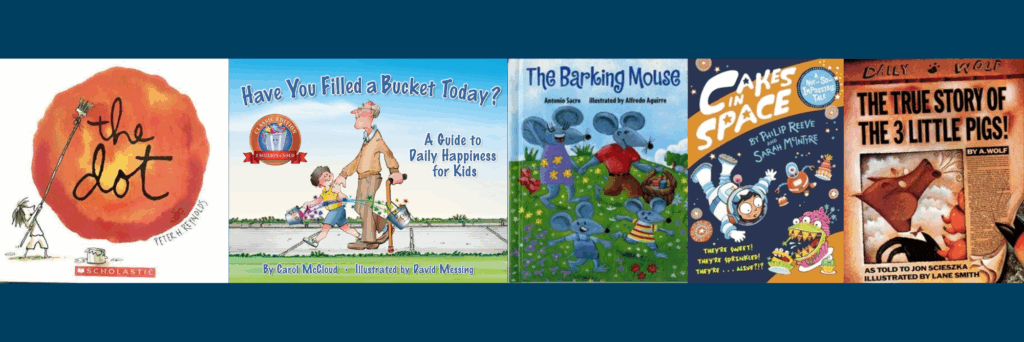December 8, 2023 / Esther Choy
 CEO and founder Geoff Peters had introduced himself to new colleagues, partners, clients and team members hundreds of times over his career. He simply listed the many roles he had served in: college president, chairman, founder, CEO. But one afternoon, after doing a get-to-know-you exercise using Crazy Good Questions with his core team, what Geoff heard from his colleague surprised him. They were more interested in his hobbies than the line items on his resume.
CEO and founder Geoff Peters had introduced himself to new colleagues, partners, clients and team members hundreds of times over his career. He simply listed the many roles he had served in: college president, chairman, founder, CEO. But one afternoon, after doing a get-to-know-you exercise using Crazy Good Questions with his core team, what Geoff heard from his colleague surprised him. They were more interested in his hobbies than the line items on his resume.
The part of his biography that had stood out to his colleagues as noteworthy was the fact that he and his family operated a farm, which served as a safe haven for more than 100 rescue animals. This get-to-know you exercise helped him feel understood and validated in a way that normal introductions never did.
He was surprised by his team’s interest in learning about what he did on Saturday mornings over his experience as a business leader. What Peters learned from that introduction exercise was that he needed his colleague’s point of view. Because Peters had lived and operated this farm with rescue animals as a passion project for so long, he didn’t think it was exceptional. By being curious outsiders and offering their perspectives, Peters’ team taught him something about himself, about his team, and a better way to introduce himself.
Being curious and offering your perspective is a superpower. It’s a leadership soft skill we all can bring to work. Sharing our perspective will help our workplace, our clients, our colleagues — if we are not afraid to use it. In this series about leadership skills for the 21 century, we’ve questioned using leadership stories on LinkedIn, discussed how to create your own leadership stories, and now we tap into the innate leadership soft skill we all have: our point of view.
Why Our Point Of View Is A Leadership Soft Skill
In storytelling, point of view establishes how your audience understands the characters and events in your story. When we forget that we have a point of view that is unique from our clients, our team, or partners, we forget one of our superpowers. We often grow too accustomed to our innate advantage, assuming other people see the same things we see. But this is doing ourselves and our clients a disservice. We don’t know our view is limited until someone with a different perspective illuminates us.
For example, many family businesses call in a consultant to help them through the process of generational transitions. Why? Yes, it is because they need expert guidance through thorny issues, but mostly they need an outsider’s perspective. Someone who hasn’t been living and breathing the family business day in and day out for the last 25 or 50 years. This outsider, who is able to objectively observe family relationships and business dynamics, can help unpack the tangled path forward because they see the possible scenarios with fresh eyes.
The same can be said for health and safety inspectors, financial advisors, process consultants, planning attorneys, career coaches, therapists. They all help us see the situation at hand from a new perspective, while offering their specific area of expertise.
How Leaders Can Hone Their Leadership Soft Skills
An ethnographer is trained in the anthropological study of culture and people groups to observe customs, rituals, relationships, social practices, language. They are trained to ask questions about the unspoken significance of what is spoken and performed. But the most important tool an ethnographer brings with her is not a learned skill, it’s her outsider status. To an outsider, the stuff that is invisible to most of us — our social and cultural practices — is rendered visible.
Anthropologist Gillian Tett argues in her book Anthro-Vision that we can all learn to take on this outsider status even in our own familiar organizations and cultures. She writes, “wherever you sit, in whatever blend of familiar and strange, it always pays to stop and ask yourself a simple question… If I was to arrive in this culture, as a total stranger, or as a Martian… what might I see?”
There are times when it’s easier to feel like an outsider: when we start working with a new client or with a new division within our organization. When we feel too deeply immersed in our own culture or project to regard it with fresh eyes, we can take a step back — perhaps literally by taking a walk outside and returning — and asking Tett’s incisive question: “What would an outsider see here?”
Through an exercise called Know Vs. Don’t Know, which asks participants to take on an outsider’s perspective by imagining their audience’s point of view, one of Leadership Story Lab’s clients came to realize she had been preparing a presentation for her leadership team full of information they didn’t need to know and wouldn’t care about. With that newly gained perspective, she was then able to share relevant and necessary information with them. This is the essence of brainstorming and bouncing ideas off each other — our different points of view.
When we bring our perspective to the table, we are bringing our unique personal histories, experiences, our curiosities that can ask necessary questions, see what is being taken for granted and make new connections.
At this year’s Purposeful Planning Institute annual conference, the audience of 250 financial advisors, attorneys, trust officers, philanthropic consultants, and other professionals serving legacy families spent about an hour doing a similar storytelling exercise using Crazy Good Question and leveraging their own personal point of view. The result? The room full of strangers and acquaintances “went deep fast” in the conversations at their tables. They got to know five other people in a short amount of time. Connections were made because people shared their superpower of offering their outsider perspectives to help each other understand and learn from one another.
Where can you leverage your superpower at work and offer your perspective?
Better Every Story
Leadership Transformation through Storytelling
"This is an amazing and insightful post! I hadn’t thought of that so you broadened my perspective. I always appreciate your insight!" - Dan B.
Get Esther Choy’s insights, best practices and examples of great storytelling to your inbox each month.




